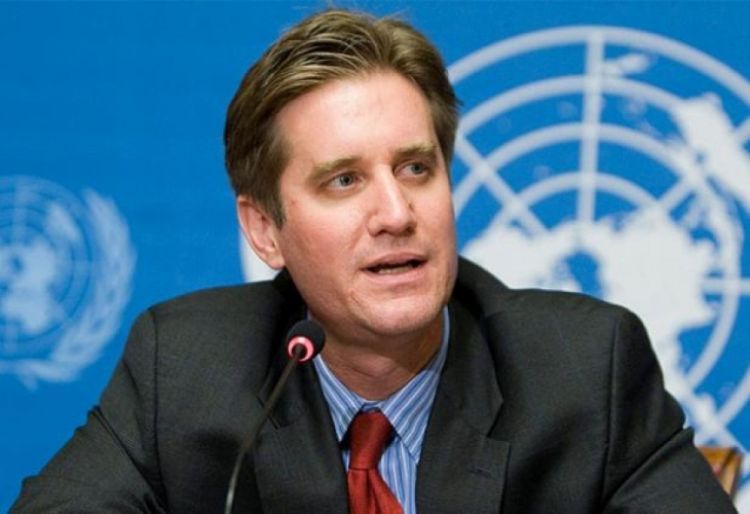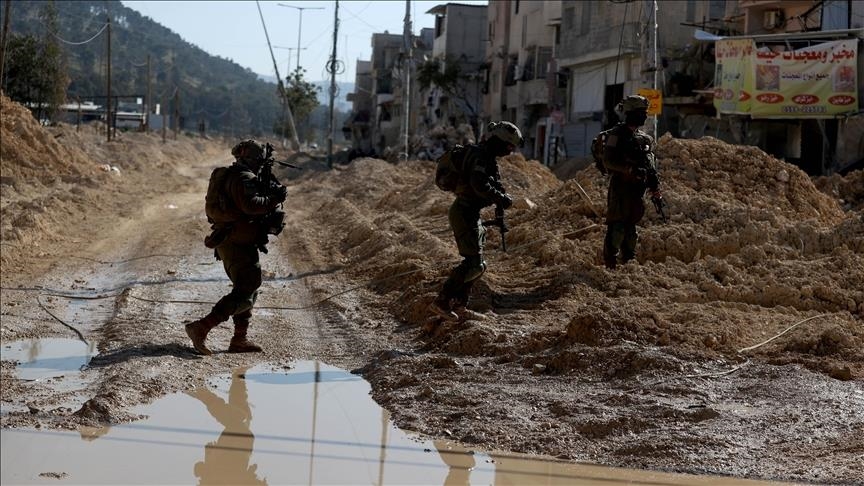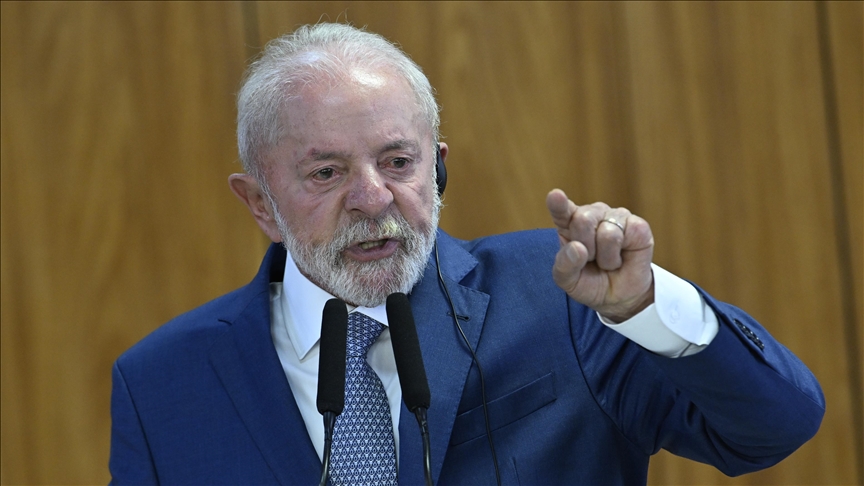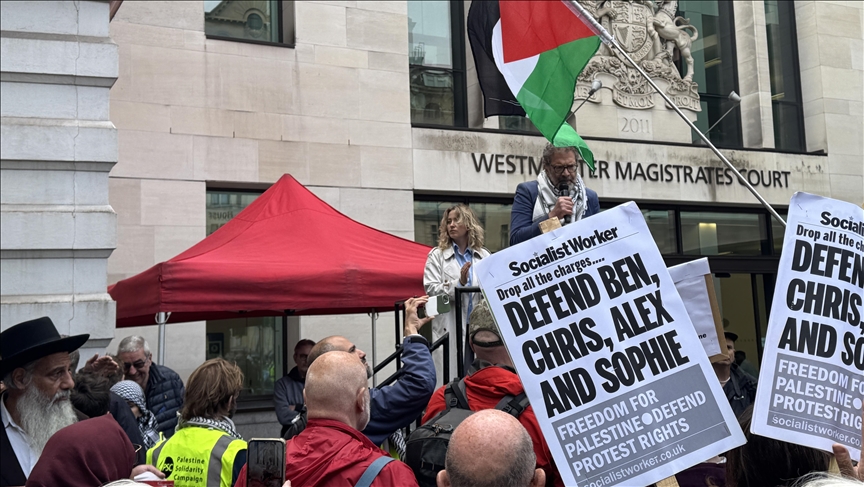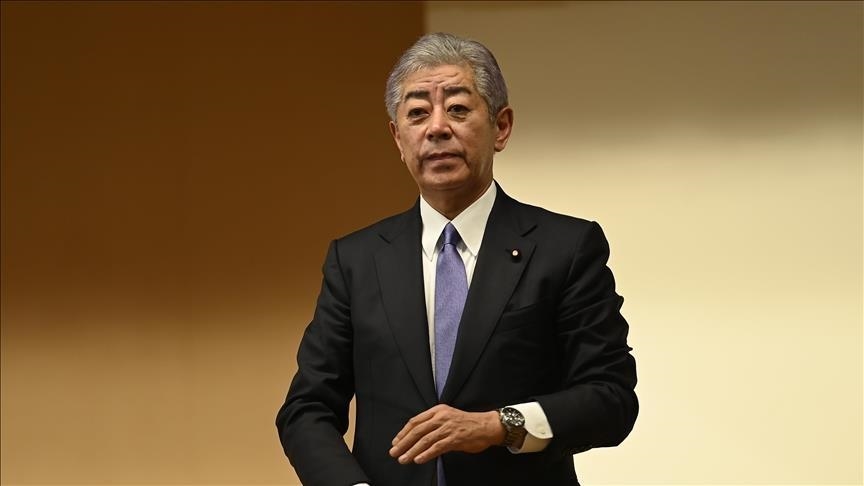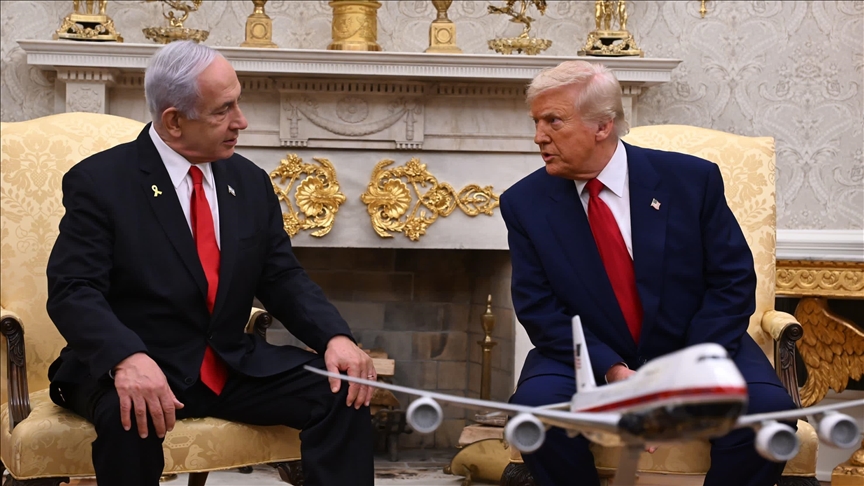President Recep Tayyip Erdogan has won Turkey’s presidential election, defeating opposition leader Kemal Kilicdaroglu in Sunday’s runoff vote and stretching his rule into a third decade.
With 99.43% of the votes counted, preliminary official results announced by Turkey’s Supreme Election Council (YSK) on Sunday showed Erdogan winning with 52.14% of the votes. Kilicdaroglu received 47.86%.
How will Erdogan's re-election as president affect the region and neighboring countries? In general, how will the future situation unfold for both the Turkic world and the region? We discussed all these issues with former US Ambassador to Azerbaijan and OSCE Minsk Group Co-Chair Matthew Bryza.
EDnews presents the interview:
- Mr. Bryza, how do you interpret the election results in terms of the political landscape and power dynamics in Turkey?
- The outcome of Turkey's election demonstrates two fundamental points about Turkish politics. Number one, the country is split 50/50 between the supporters of President Rajab Tayyip Erdogan and his opponents. Number two, the supporters of Erdogan have stuck with him despite the economy's serious instabilities, with inflation now still at about 44% and the Turkish Lira having lost 60% of its value in the last two years. Not to mention the tragic earthquakes of February 6 that left millions of people homeless and killed 50,000 Turkish citizens, which led many people early after the earthquakes to blame President Erdogan and his government for responding too slowly. Despite all that, more than half of Turkey's voters stuck with President Erdogan. In addition, that leads to the second point. His supporters seem to believe that regardless of the problems in the country, he is the person who can get things done. Whether it be now the very rapid reconstruction of 350,000 homes and apartments that were destroyed by the earthquake and construction has begun, or whether it be the transfer of wealth that's occurred during the 20 years of AKP and President Erdogan's rule in Turkey whereby the conservative, often more pious people living in central Anadolu who, when there was the previous secular set of governments, did not prosper, They have been prospering. Moreover, the more urban, educated, liberal, and Western-looking voters who traditionally had been supporting secular parties like the CHP or the previous parties that existed, like the ANAP and others, have done less well economically under the AKP and President Erdogan. So there is a big split in society that was reflected in the nearly 50/50 outcome of the elections. I mean, 52% to 48% is a sign of a nation that is quite divided, as is the fact that neither Rajab Tayyip Erdogan nor Kamal Kilicdaroglu could win the election in the first round without a runoff. Therefore, it shows the country has been divided into two almost equal halves.
Also, I expect the six-party opposition alliance will now break apart. The key question is whether Kilicdaroglu will be forced to resign as head of the CHP after losing yet another national election (and having never won one). Last night, he sounded like he wanted to remain the leader of the party, but many CHP members believe the party could have won these elections had its presidential candidate and party leader been either Istanbul Mayor Ekrem Imamoglu or Ankara Mayor Mansur Yavas.
- What are the potential implications of the election results for Turkey's domestic policies and governance, Turkiye's foreign relations, and regional dynamics?
It seems obvious that the impact of President Erdogan's reelection on his overall strategy in terms of domestic and foreign politics will be that he’ll just continue what he's been doing. I mean, if I were him, I would be thinking this was a tough election; many people were predicting I would lose, but I won, so I must be doing things right. We will see a similar foreign policy where Turkey is, yes, a key member of the NATO alliance, but it is also pursuing an independent foreign policy, one that, as Donald Trump said about the United States, is aimed at making Turkey great again. And it's a Turkey-first policy. So rather than focusing foreign policy on the community of the NATO alliance and shared values under President Erdogan, Turkish foreign policy focuses first and foremost on Turkey's perceived national interests and pursuit of their rights, according to their interpretation of international law. For instance, in the Eastern Mediterranean or in Cyprus, where the Turkish government now favors a two-state solution rather than a reunification of the island, those policies will just continue under a reelected President Erdogan. Similarly, Turkey's efforts to improve relations with Saudi Arabia, the UAE, Egypt, Israel, and even Armenia will continue. They have been ongoing for a while. When it comes to Armenia, I think that Ankara and President Erdogan were waiting for Azerbaijan to be more comfortable with Turkey improving relations with Armenia. And now, with a peace agreement more likely than ever between Azerbaijan and Armenia, it's more likely that Ankara will go ahead with improving relations with Yerevan once Baku is, of course, fully comfortable. When it comes to Ukraine and Russia, of course, Erdogan will continue his policy of strongly supporting Ukraine's sovereignty and territorial integrity and providing it military technological assistance, but without joining sanctions against Russia, raising rhetoric against Putin, or maintaining a communications channel with Putin, which, by the way, both Kiev and Moscow have welcomed. Erdogan's ability to talk to both the Ukrainian and Russian leaders led to him being able to broker that grain export agreement from Ukraine, which has been so important to avoiding famine in developing countries.
I hope re-elected President Erdogan will now soften his approach to Sweden's NATO membership application.
- After that, what will be the foreign policy of the Turkish leader? Will his strategy change?
When it comes to relations with the United States, I think again that Turkey will continue on the same path as Washington, which has been to lower the rhetoric and try to find ways to improve relations. One of the biggest disputes separating Turkey and the United States in foreign policy was Turkey's purchase of the Russian S400 air defense system, which led to the United States banning Turkey from the F35 5th generation fighter project. Even after Turkiye had paid, I think it was $1.3 billion to purchase 100 or so F-35s. So the way the two countries are trying to deescalate that dispute is that Turkiye has asked to be able to buy more of what it already has. F-16 fighter jets President Biden has indicated he is going to approve that sale. He has been talking to Congress about approving that sale. I think now that Turkey's election has passed, Biden will proceed with permitting the sale of USF-16 fighter jets to Turkey. That should help improve Turkish relations with the United States.
- The re-election of Erdogan as president shows how democratic the elections are.
As far as how democratic Turkish elections are. First, it is great news that participation by Turkish voters has been so high. In the first round, 89% of registered Turkish voters participated, and I believe in the second round, about 86% participated. In the United States, a high participation rate among voters is considered to be maybe 65%. The Turkish people and Turkish voters are much more enthusiastic about participating in elections. Moreover, there is a very high energy level at polling stations with observers; large numbers of observers from each political party make sure the vote goes well and the votes are counted accurately and fairly. That is a sign of how important democracy is to the Turkish people. Observers have complained, as has the opposition, that the AKP and President Erdogan unfairly used their advantages of incumbency. Meaning that when you are in power, you get a lot more media coverage and you have money at your disposal in the form of governmental policies to help voters or groups of voters by, as in the case of the Turkish election, raising the minimum wage three times or increasing the salaries of government employees. Also giving some households free natural gas for a month and giving 10GB of the data free of charge to students in efforts to be more popular. What sort of impact those sorts of economic measures had on the election is impossible to know because nobody can really tell you why all of these Turkish voters voted for Erdogan as opposed to Kilichdaroglu. However, I would guess that having those economic tools at the leader's disposal would be an advantage in the election. However, at the end of the day, the elections were free, and the mechanics of tabulating votes in Turkey and making sure the votes are not stolen are good in Turkey. There is a good culture of electoral administration in Turkiye.
Ulviyya Shahin

